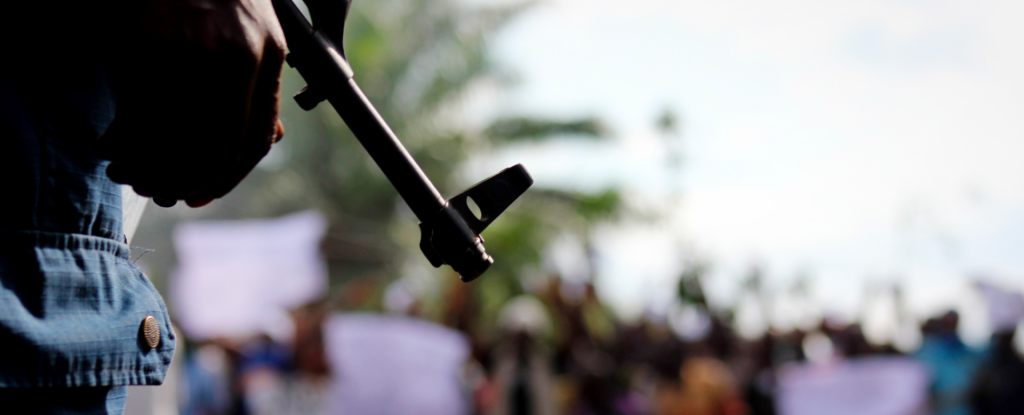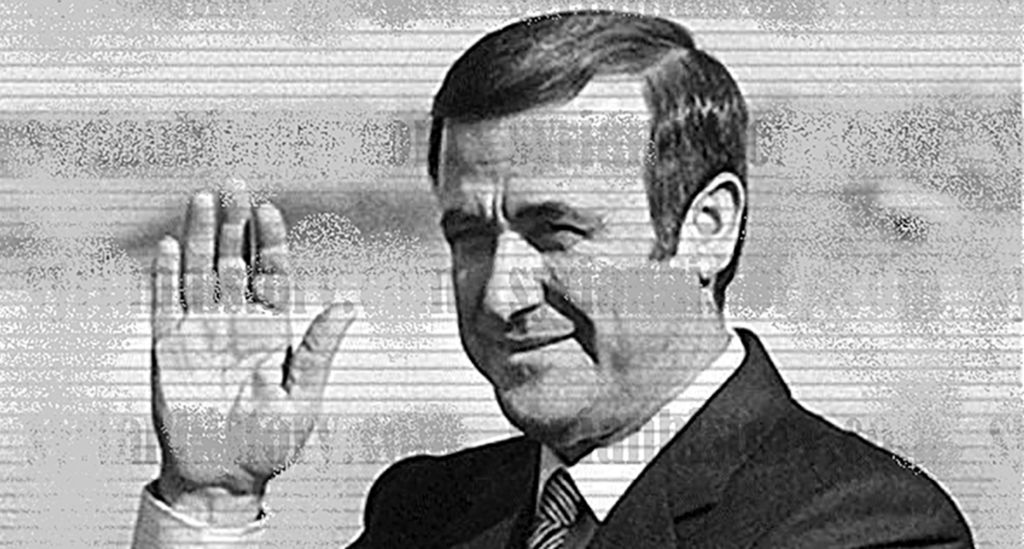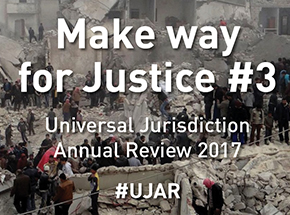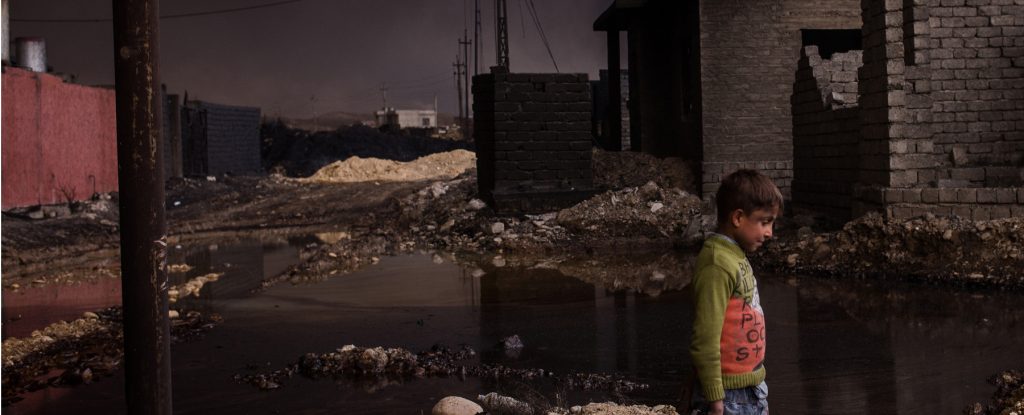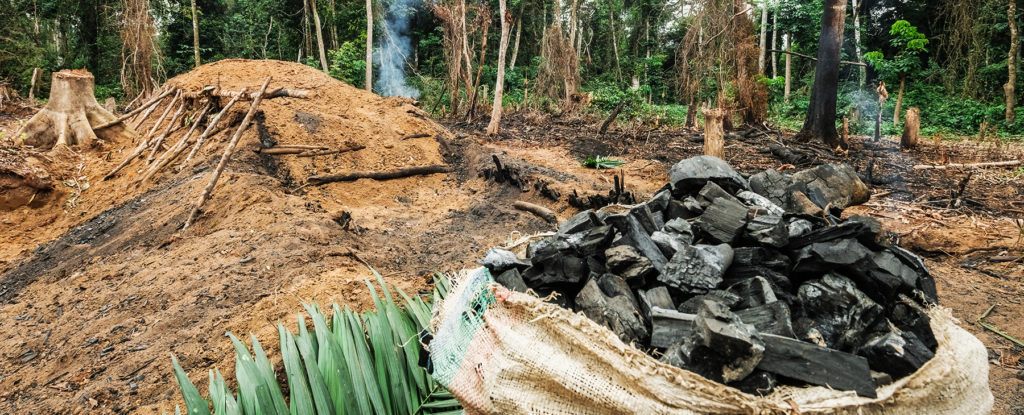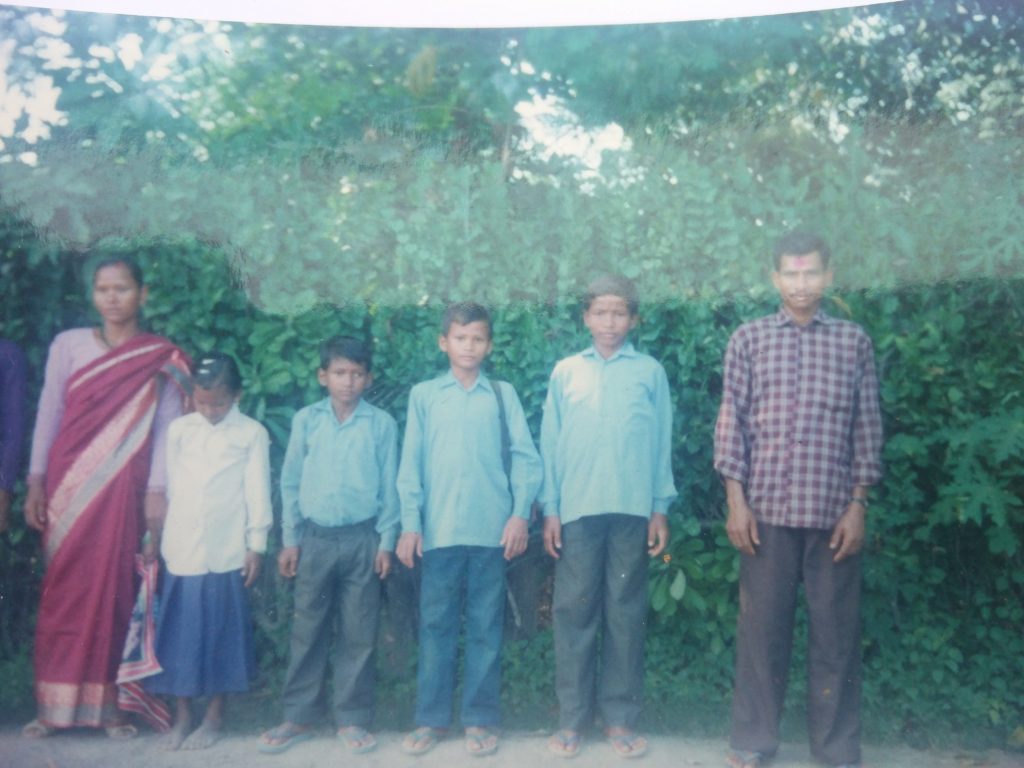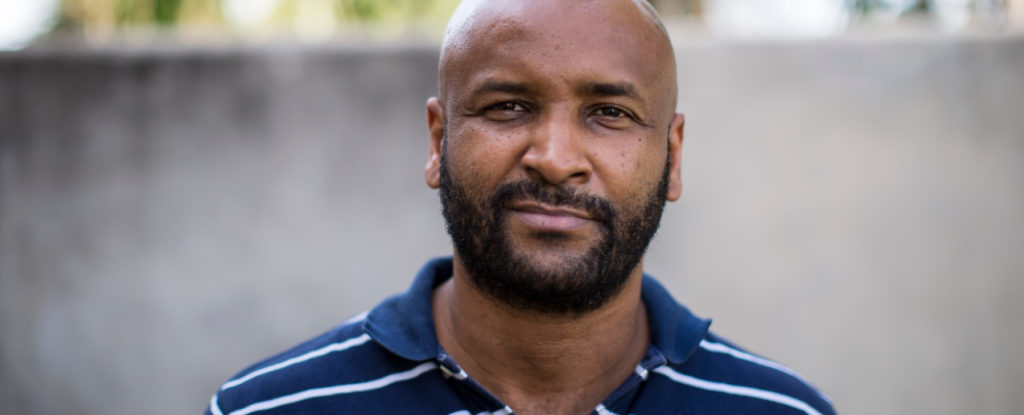Erwin Sperisen: Appeal trial from 4 to 8 May 2015
Erwin Sperisen’s trial on appeal to be held from 4 to 8 May 2015 in Geneva: NGOs hope that the fight against impunity will come out strengthened
The retrial of Erwin Sperisen will be held from 4 to 8 May 2015 in Geneva. His lawyers had appealed against the life sentence for seven murders handed down on 6 June 2014. The Court of Second Instance will thus have to re-examine the part he played in the extrajudicial executions of 10 prisoners during operations carried out by the Guatemalan Police. For the NGOs that reported Erwin Sperisen to the Swiss authorities, this trial is the opportunity to shed light again on the tragic acts that the former Chief of the Guatemalan Police is alleged to have committed. They cannot speculate as to what the outcome of the trial might be, but they hope that it will remind everyone that no Swiss citizen – whether here or elsewhere – can break the law without paying the consequences of doing so. Guatemala remains in the grips of corruption and organized crime, so this trial on appeal has considerable potential: that of reversing the impunity that members of the Guatemalan State apparatus have enjoyed for far too long.
On 6 June 2014, Erwin Sperisen, a Swiss and Guatemalan citizen, was sentenced to life imprisonment. Given the seriousness of the acts, the number of victims and the lack of empathy and awareness displayed by the former Chief of the Guatemalan National Police, the judges in the Geneva Criminal Court considered that only a sentence of life imprisonment would be likely to punish the accused. This judgment made it clear that the perpetrators of serious crimes – however high up they might be – are not immune from criminal penalties, and that their victims – whatever their origins – deserve justice.
Erwin Sperisen and his lawyers have appealed against this decision. Erwin Sperisen will therefore be called to appear at the second instance trial being held from 4 to 8 May 2015 before the Criminal Chamber of the Geneva Court of Justice.
Eight years ago, an NGO coalition reported the former Chief of the Guatemalan National Civil Police (PNC) to the justice system. That coalition suspected that the officers under his command had committed serious and numerous human rights violations(extrajudicial executions, torture, enforced disappearances and sexual violence). On 31 August 2012, Erwin Sperisen was finally arrested by order of Geneva’s Public Prosecutor and remanded in custody until his trial in 2014.
For far too long, the Guatemalan State apparatus has been associated with organized crime and ignored the rule of law. Today, human rights defenders and journalists continue to be threatened, harassed or killed while perpetrators of serious violations enjoy considerable impunity. As far as NGOs are concerned, it is now time for the rule of law to ultimately reign in Guatemala. Just a few months away from the trial in Spain of Carlos Vielman, his former superior, and after the sentencing of his subordinate Victor Soto Diéguez to a 33-year prison term, NGOs hope that the second trial of Erwin of Sperisen will help to reverse impunity.
The Erwin Sperisen trial in 10 questions
1. Who is Erwin Sperisen?
Erwin Johann Sperisen Vernon has Swiss and Guatemalan nationalities. This fervent follower of the Evangelical Church was born on 27 June 1970 into a wealthy family. He has been living in Geneva since March 2007, is married and has three children. He was the former Security Assistant for the Mayor and a Municipal Councillor of Guatemala City (2003), and worked as the Chief of the National Civil Police (PNC) from August 2004 to March 2007. He resigned from that post after the assassination of several Salvadorian parliamentarians by his officers (the Parlacen case) and took refuge in his country of origin: Switzerland. He was arrested on 31 August 2012 by the prosecuting authorities from the Canton of Geneva, who suspected him of being involved in several extrajudicial executions (the Pavón and Infiernito cases). Since his arrest, he has been held at Champ-Dollon prison (Geneva).
2. What acts is he alleged to have committed?
An arrest warrant for Erwin Sperisen was issued by the Guatemalan authorities in August 2010. He was reported to the Swiss criminal authorities for his and his officers’ involvement in the following crimes: extrajudicial executions, enforced disappearances, torture and sexual violence. He was sentenced to life imprisonment for seven murders committed during operations to regain control of Pavón prison in 2006.
3. Why is he being brought to trial in Switzerland?
The arrest warrant issued by Guatemala would not have led to Erwin Sperisen’s extradition to that country because the Swiss Constitution prohibits Switzerland from extraditing its own citizens. However, Switzerland is under the obligation to bring them to trial, even if their crimes were committed abroad.
4. Is anyone else being brought to trial for the same acts?
Several individuals involved in the same acts have been brought to justice:
- Victor Soto Diéguez, the former Chief of PNC Investigations, was sentenced to a 33-year prison term in Guatemala in January 2015 for the murders committed in the Pavón and Infiernito cases.
- Axel Arnoldo Martínez Arriaza and Víctor Manuel Ramos Molina, both former members of the PNC Investigations team, were sentenced to a 25-year prison term in Guatemala.
- Javier Figueroa, Erwin Sperisen’s former right-hand man, was acquitted by a jury in Austria in 2014. His brother, Aldo Stéfano Figueroa Díaz, was sentenced to a 15-year prison term in Guatemala.
- Carlos Vielman, the former Minister of the Interior, is awaiting trial in Spain. According to our sources, this trial should begin within the next few months.
5. What will be the difference between the first trial last year and the second instance trial?
The trial will be similar to the first one. The judges will be able to review the facts and the law. They will be able to freely evaluate the case evidence. However, as many of the witnesses were already heard in the first trial, the judges will have to base their decisions on the evidence and testimonies already administered during that trial.
6. Can the verdict of the second trial really be different from that of the first trial?
It is not up to NGOs to speculate as to what the outcome of a trial might be. The first instance trial concluded with a detailed judgment (comprising more than 130 pages) based on overwhelming evidence and with a life imprisonment sentence. However, the Criminal Chamber judges are not bound by the conclusions of the Criminal Court. It is up to the Court of Second Instance to reach an opinion and make its verdict public.
7. What comes after this second verdict?
If Mr Sperisen’s conviction and sentence are confirmed by this second verdict, the accused may lodge an appeal before the Federal Court. But the facts will not, in principle, be reviewed in this instance: only matters of violations of law or arbitrary evaluation of the facts are dealt with by it. Thus, the version of the facts established by the Geneva Court of Justice will prevail before the Federal Court, which will not hear any witness or expert. However, if the outcome of the second trial is acquittal, Mr Sperisen will be able to demand compensation for his time spent in remand.
8. What is the role of NGOs in this case?
Since 2004, several Guatemalan associations have been investigating Erwin Sperisen’s officers, who are suspected of having committed serious crimes. In 2008, the Geneva Community of Trade Union Action (CGAS), Action by Christians for the Abolition of Torture (ACAT-Suisse), and the Uniterre trade union filed an initial criminal complaint against Erwin Sperisen with Geneva’s Public Prosecutor. TRIAL and the World Organisation Against Torture (OMCT) filed a second criminal complaint in 2009. Over a period of two years, NGOs asked Geneva’s Public Prosecutor (Attorney General Daniel Zapelli) to open an investigation. The issue of an international warrant for the arrest of Erwin Sperisen and 18 other suspects led to his arrest. Not having access to the proceedings, NGOs will play an observation and awareness-raising role during the trial. They will also carry out informative work by recalling the seriousness of the crimes committed in Guatemala, the need for justice for victims and the need to fight against impunity.
9. Guatemala is different from Switzerland. Can’t the use of force be justified?
Guatemala is a country marked by considerable violence, but it is not lawless. The State has a Constitution and laws, and it has ratified international conventions for the protection of human rights. As in Switzerland, murder or the death penalty are not permitted there. The murder of prisoners is not permitted there either. The prisoners that Sperisen and his officers allegedly killed were serving time in prison for breaking the law. Therefore, like all other citizens, they had fundamental rights: the right to life and the right to a fair trial. Members of the police forces are there to ensure that the law is upheld and not to break it. They do not have any right to life or death over their fellow citizens.
10. Why is the fight against impunity still an important issue in Guatemala?
The country is plagued by extreme violence and high levels of corruption; these are major obstacles that need to be overcome in the fight against impunity. The recent ousting of Attorney General Claudia Paz y Paz – who has done a lot of work for the rule of law – is very worrying, as are the attempts to end the term of office of the United Nations Commission Against Impunity in Guatemala (CICIG). Human rights defenders and journalists are regularly the targets of threats and even executions, while the perpetrators of these crimes continue to go unpunished. The reigning impunity fosters violence and criminality in Guatemala.
More information?
- Understand the trial on the web
- Follow the trial on Twitter via the hashtags #ProcesSperisen or#JuicioSperisen
- Discover the timeline and background of the case


